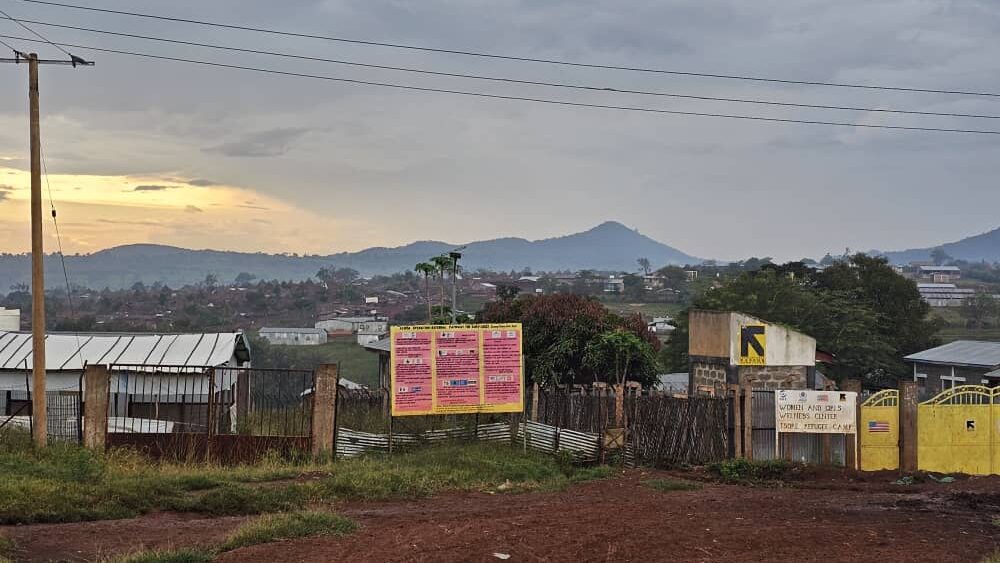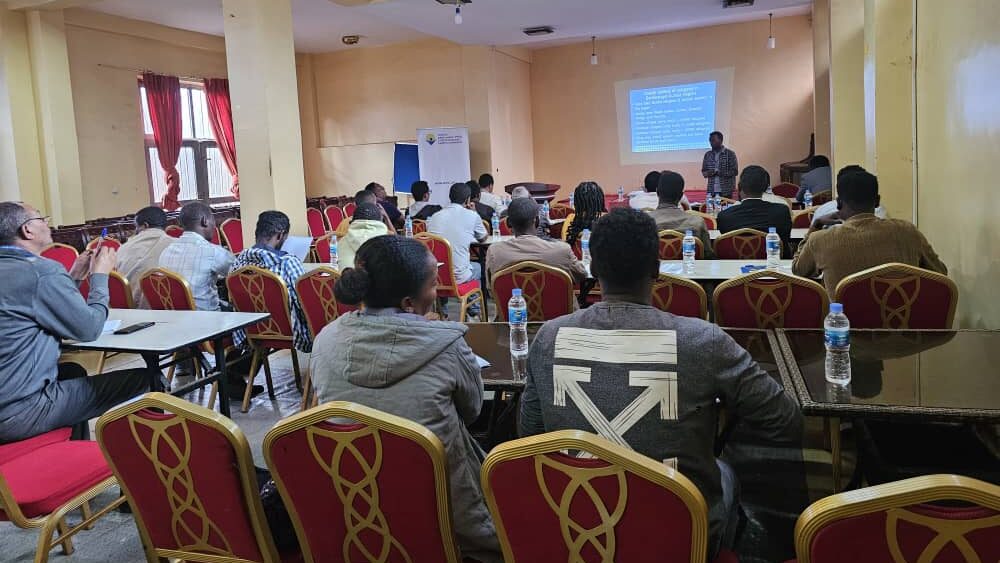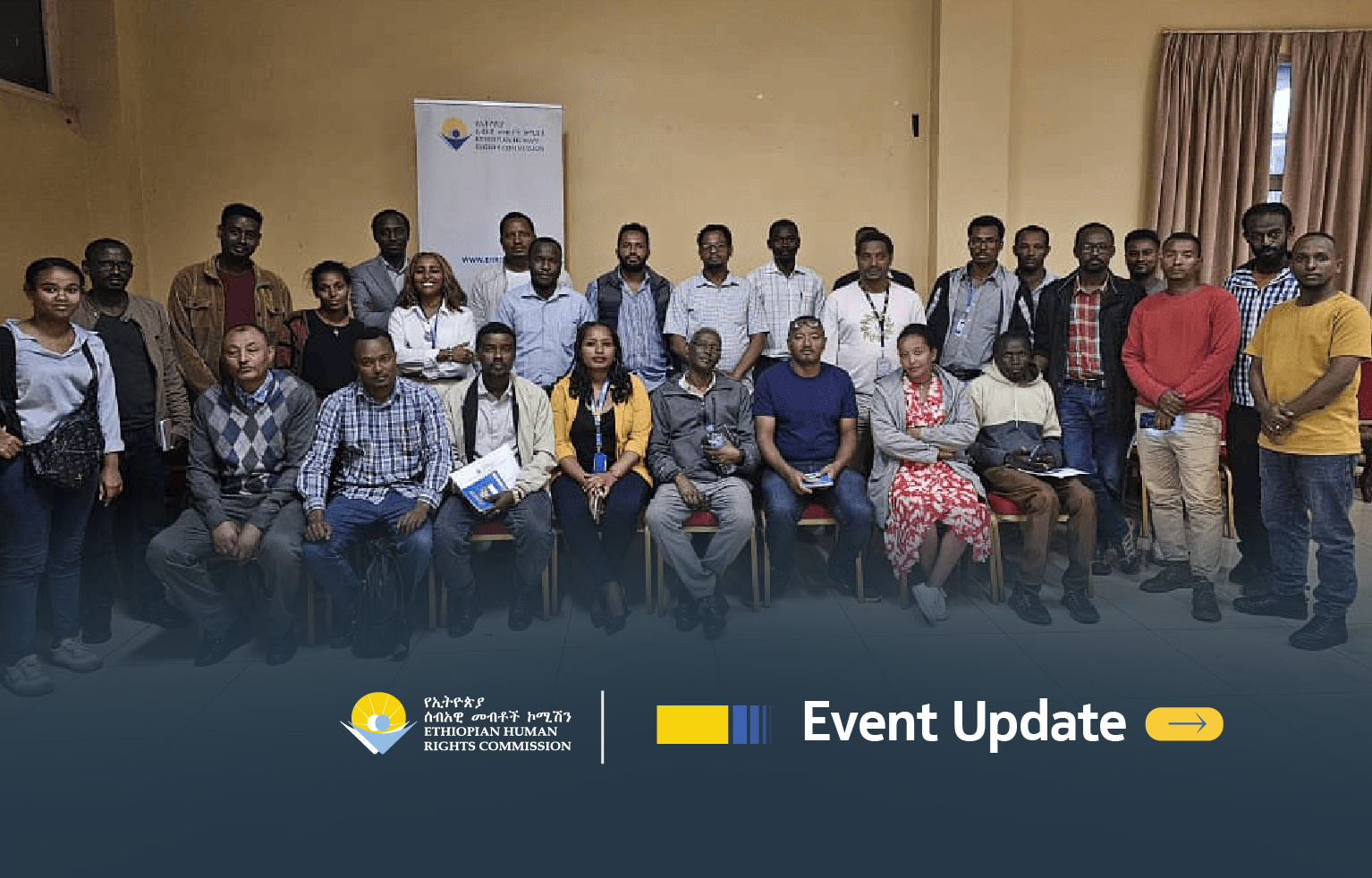The Ethiopian Human Rights Commission (EHRC) organized a one-day stakeholders’ consultation in Assosa City following the monitoring mission conducted at the Bambasi, Sherkole, Tsore refugee camps, Kurmuk reception center, and Aburamo/Abenda Mengida screening center in Benishangul-Gumuz region from October 23 to November 3, 2023.
The consultation aimed to share the human rights situation monitoring findings with key stakeholders and advocate for the protection of refugees’ and asylum seekers rights. The consultation brought together representatives from governmental and non-governmental institutions, and UN agencies working on refugee issues in the region. During the event, it was noted that, while group recognition of the right to seek asylum for the new arrivals from Sudan is a positive development, their prolonged stay in the reception, screening center, and host communities with limited access to humanitarian assistance remains a challenge.

Moreover, food aid suspensions have significantly affected refugees residing in the three camps. As a result, negative coping mechanisms, such as child labor and school dropout, are increasing at an alarming rate. The monitoring findings have also revealed a range of challenges stemming from the discontinuation of food aid, such as health complications, severe malnutrition, the precarious situation of older persons and persons with disabilities, increased theft, and strained peaceful coexistence between refugees and the host community in the camps.
Refugees who participated in the consultation expressed concern over the uncertainty surrounding the resumption of aid distribution, which had been halted for months. Similarly, stakeholders raised concerns about budget constraints and shortages of resources, which continued to affect service provision to refugee communities. They added that the road blockades due to ongoing security concerns in the neighboring regions of Amhara and Oromia posed major challenges in the provision of essential services to refugees and asylum seekers in the region.

The consultation highlighted how limited access to new identification cards or renewal of expired cards for the past three years has hindered refugees’ access to basic services. Additionally, the lack of free legal aid services and reliance on customary dispute resolution mechanisms have also hampered access to justice in some camps covered by the monitoring mission.
EHRC’s director of Refugees, IDPs, and Migrants’ Rights Department, Enguday Meskele, emphasized the urgent need to resume food aid distribution considering the precarious situation of refugees and asylum seekers. She reiterated the need for strengthening shared responsibility and international solidarity to provide refugees and asylum seekers with better protection.
